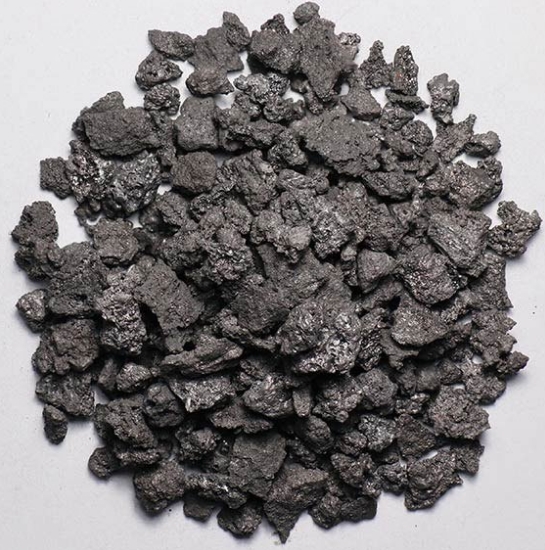
Calcined petroleum coke (CPC) is a high-carbon material derived from raw petroleum coke through a process known as high-temperature pyrolysis[2]. This process involves heating green petroleum coke to remove volatile matter and impurities, resulting in a high-quality, high-carbon material with low levels of sulfur and nitrogen[3]. Calcined petroleum coke is a critical ingredient in various industrial applications, including aluminum and steel production, as well as in the manufacturing of graphite products[1][4].
One of the primary uses of calcined petroleum coke is in the production of aluminum. It serves as a critical component in the manufacturing of carbon anodes, which are essential for the Hall-Héroult process of aluminum smelting[1]. The high carbon content and low impurities of calcined coke ensure the efficient production of aluminum with minimal environmental impact. The process involves:
Calcined petroleum coke is also a crucial component in the production of graphite electrodes for electric arc furnaces (EAF) in the steel industry[4]. These electrodes are made by mixing calcined coke with coal tar pitch, forming the mixture into rods, and baking them at high temperatures. The resulting graphite electrodes are then used in EAFs to generate the high temperatures required for melting scrap steel and producing new steel. The high carbon content and low impurities of calcined coke contribute to the efficiency and cost-effectiveness of this process.

Calcined petroleum coke is also used in the manufacturing of various graphite products, such as graphite electrodes, graphite blocks, and graphite sheets[4]. The process typically involves:
Calcined petroleum coke is also used in various other industrial applications, such as:
Calcined petroleum coke is a versatile and essential material in various industries, including aluminum and steel production, as well as in the manufacturing of graphite products. Its high carbon content and low impurities make it an ideal raw material for these applications, contributing to the efficiency and cost-effectiveness of the processes involved. As the demand for aluminum, steel, and other products continues to grow, the importance of calcined petroleum coke and the need for sustainable production methods will remain a key focus for the industry.

Write a Message